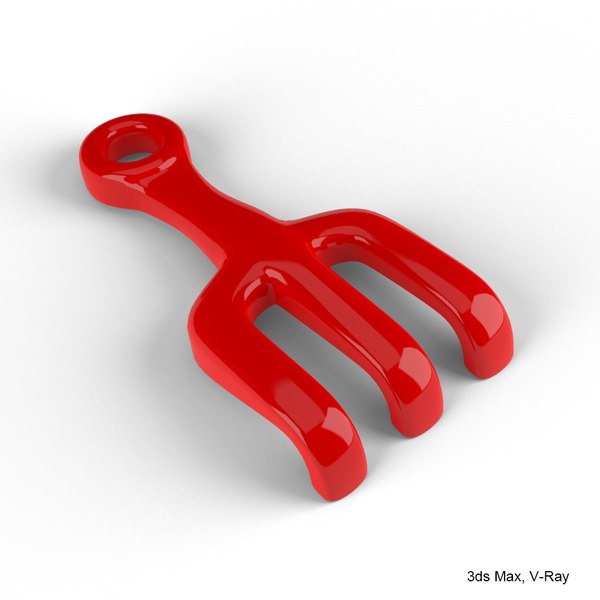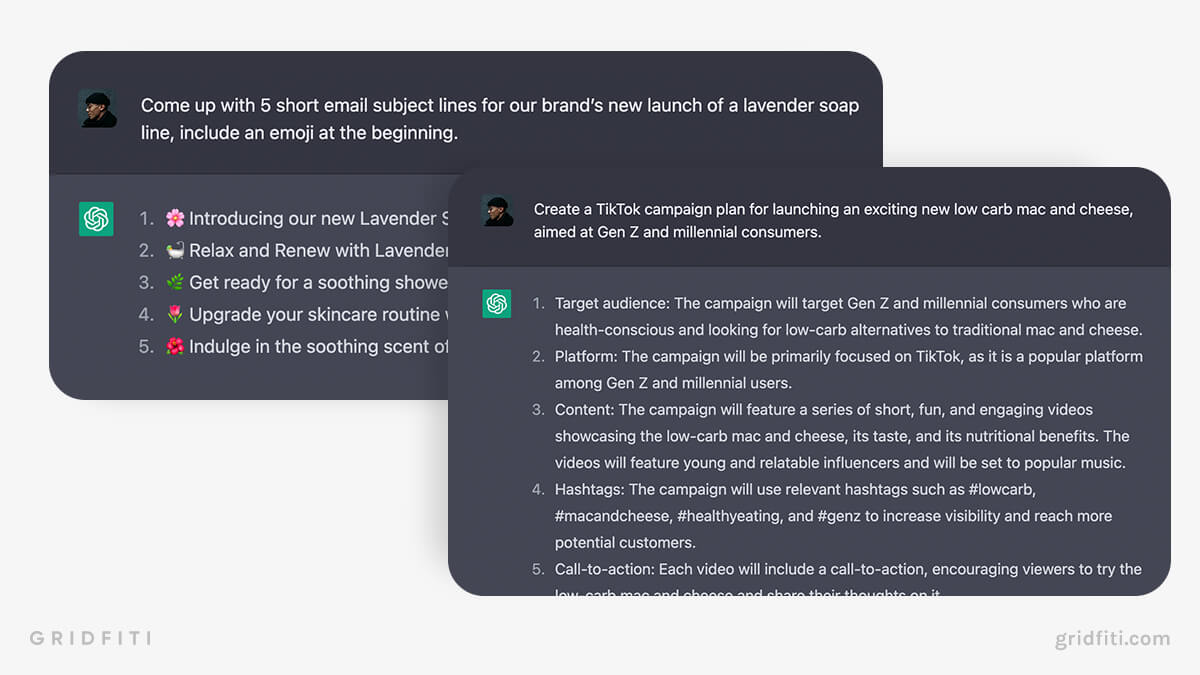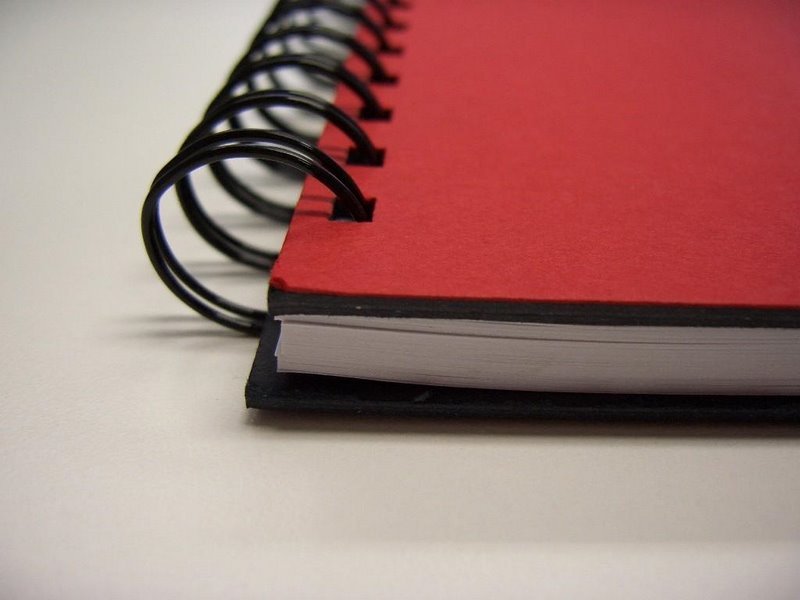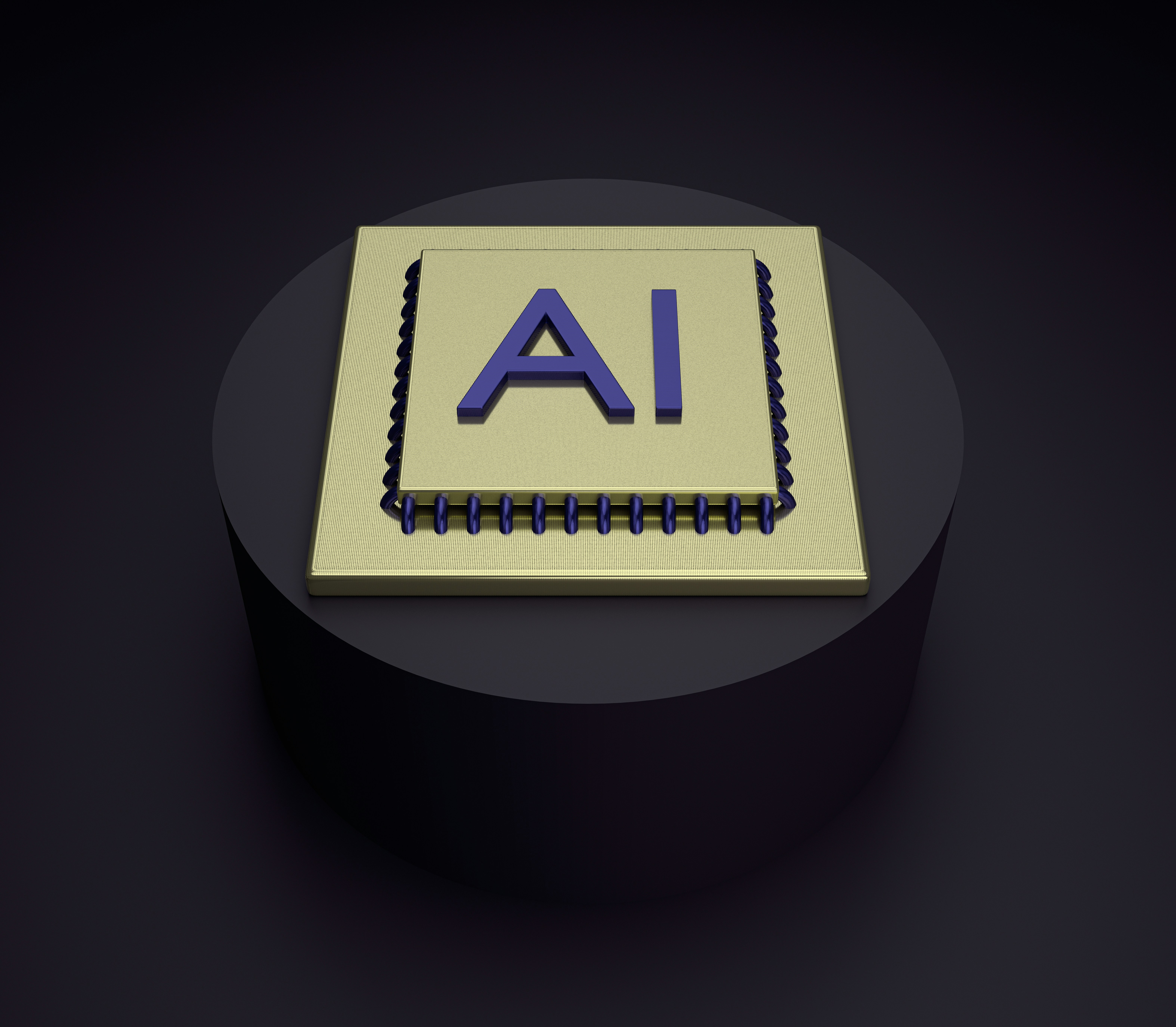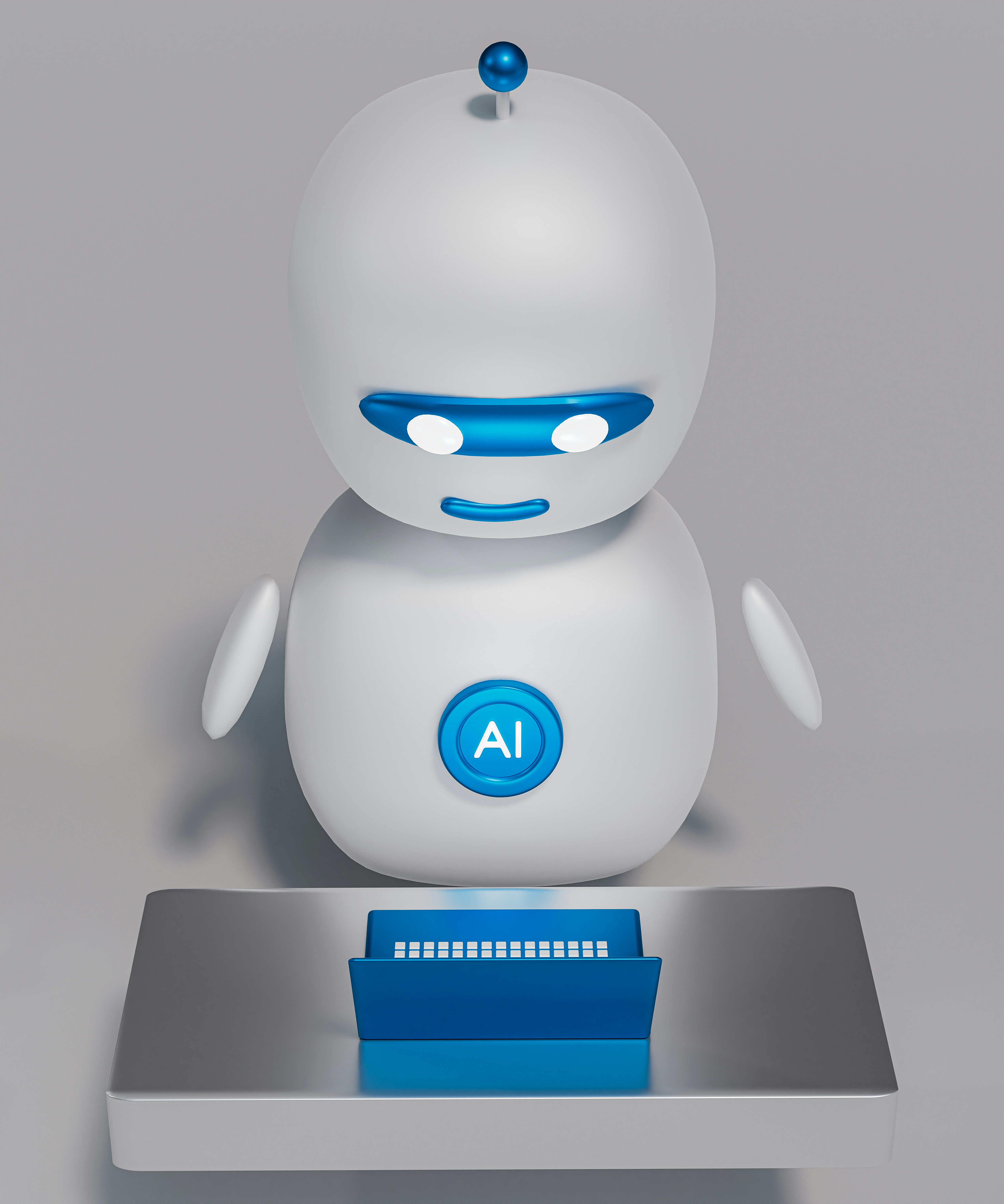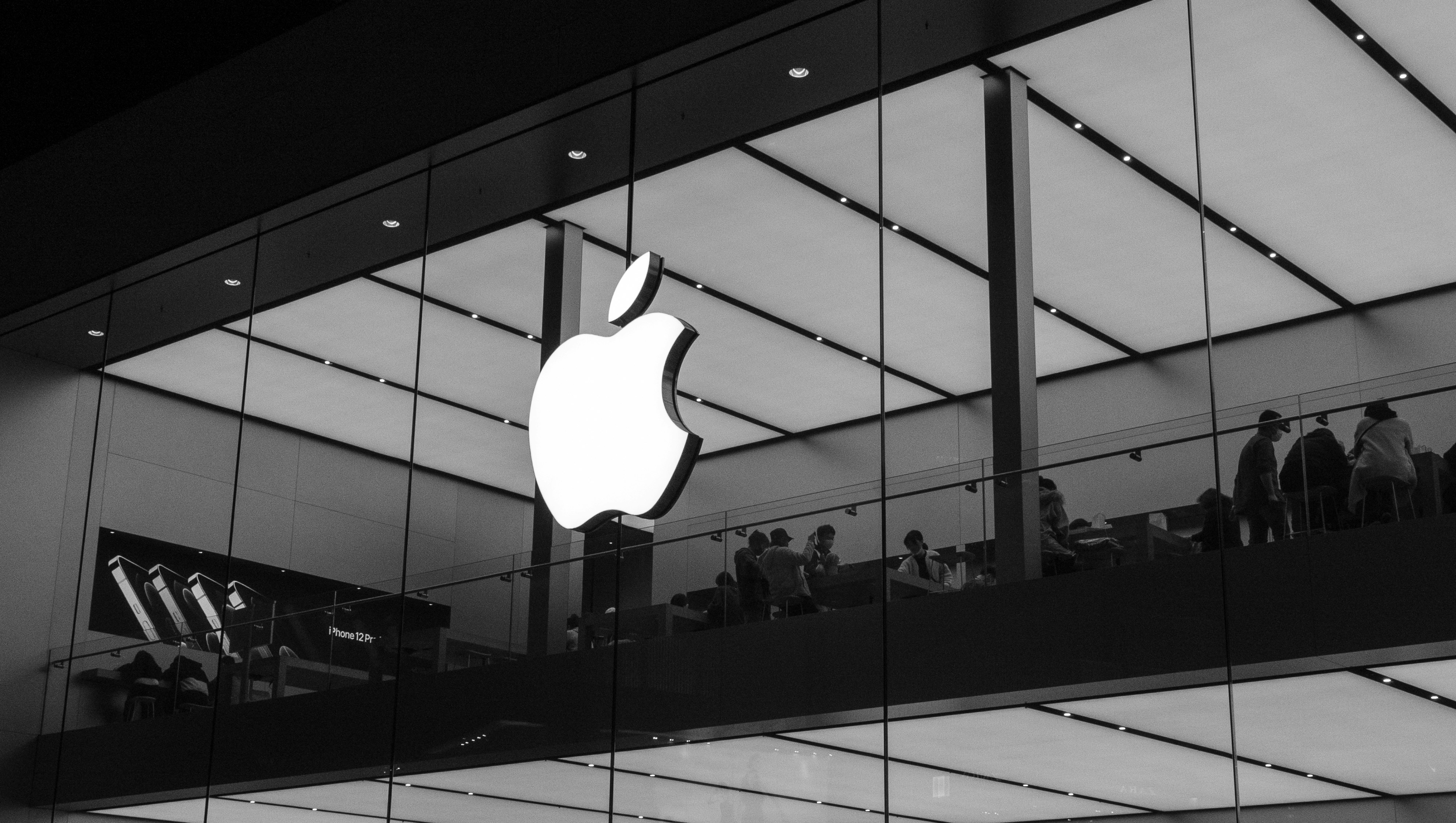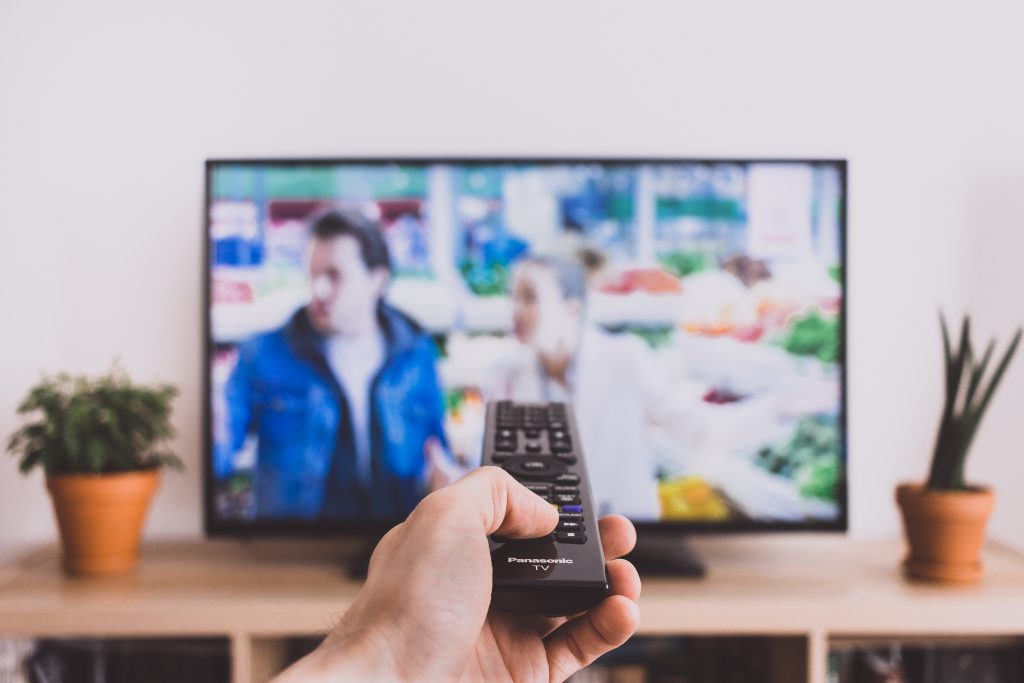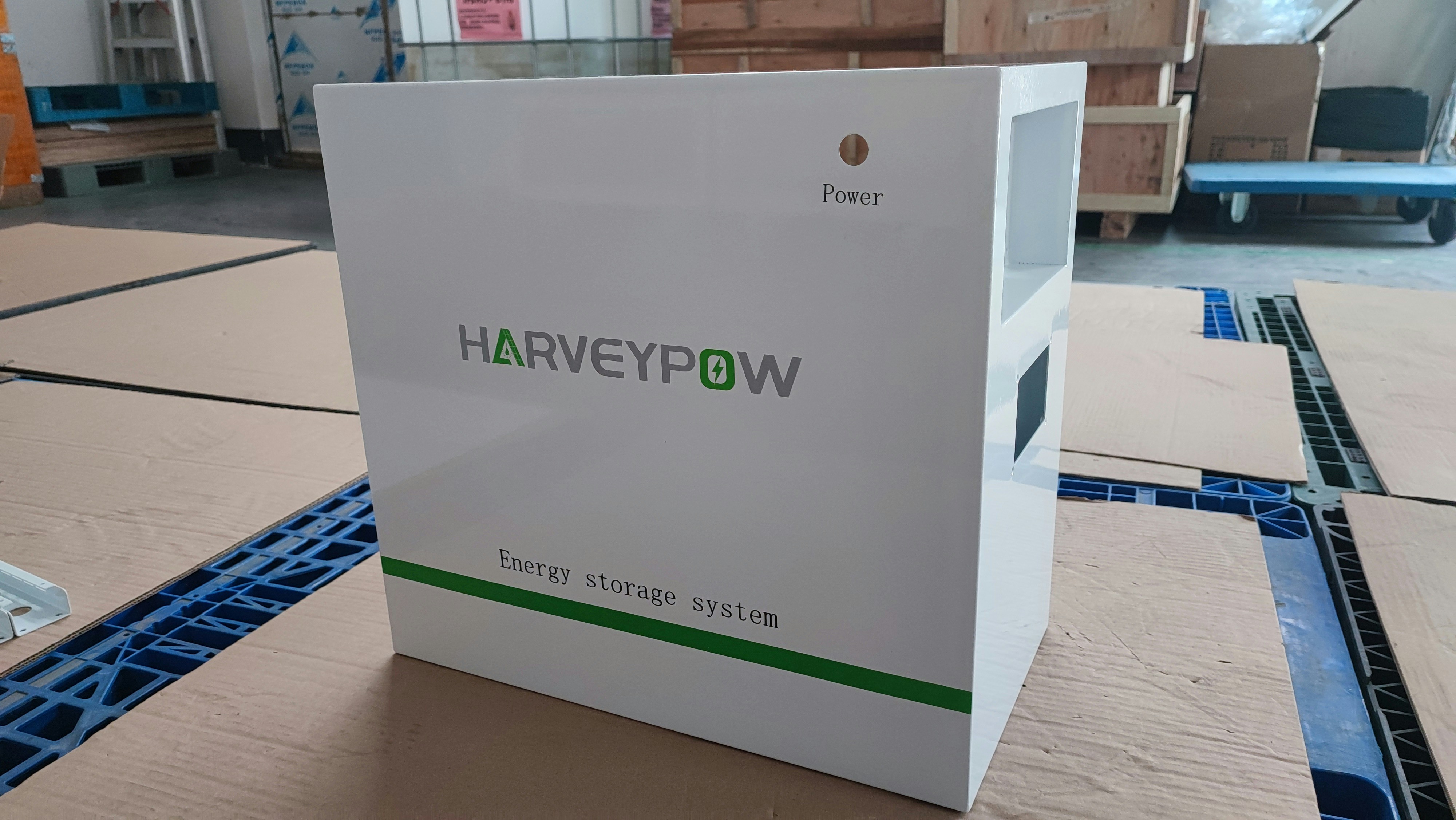
The Very Hungry Caterpillar
$5.75 (as of January 31, 2026 11:14 GMT +00:00 - More infoProduct prices and availability are accurate as of the date/time indicated and are subject to change. Any price and availability information displayed on [relevant Amazon Site(s), as applicable] at the time of purchase will apply to the purchase of this product.)The Invisible Coup: How American Elites and Foreign Powers Use Immigration as a Weapon
$22.74 (as of January 31, 2026 11:14 GMT +00:00 - More infoProduct prices and availability are accurate as of the date/time indicated and are subject to change. Any price and availability information displayed on [relevant Amazon Site(s), as applicable] at the time of purchase will apply to the purchase of this product.)Introduction to AI and Fatigue
As artificial intelligence (AI) evolves, many wonder how it compares to human emotions and physical limitations. One common question that arises is whether AI gets tired. Unlike humans, AI does not experience fatigue in the same way. Its performance is dependent on the algorithms and data it processes rather than biological factors.
The Nature of AI Processing
AI operates through computation and data analysis. It performs tasks based on programming and does not require rest periods as humans do. The concept of getting tired generally applies to living beings that need recovery time after strenuous activities. Because AI systems run on hardware and software, they can continue processing information endlessly until they’re interrupted or shut down.
AI Performance and Limitations
While AI doesn’t tire like humans, it is not flawless. Performance can degrade if the system is overloaded, which may seem analogous to fatigue. Additionally, overheating or technical malfunctions can impede its functionality, resembling a tired employee. Thus, while AI such as chatbots or data processors does not tire, it’s essential to maintain the systems to ensure they operate efficiently.
In conclusion, AI does not get tired in a traditional sense, but it relies on proper maintenance and setup to function optimally. Understanding these differences helps clarify our expectations of AI in various applications.















